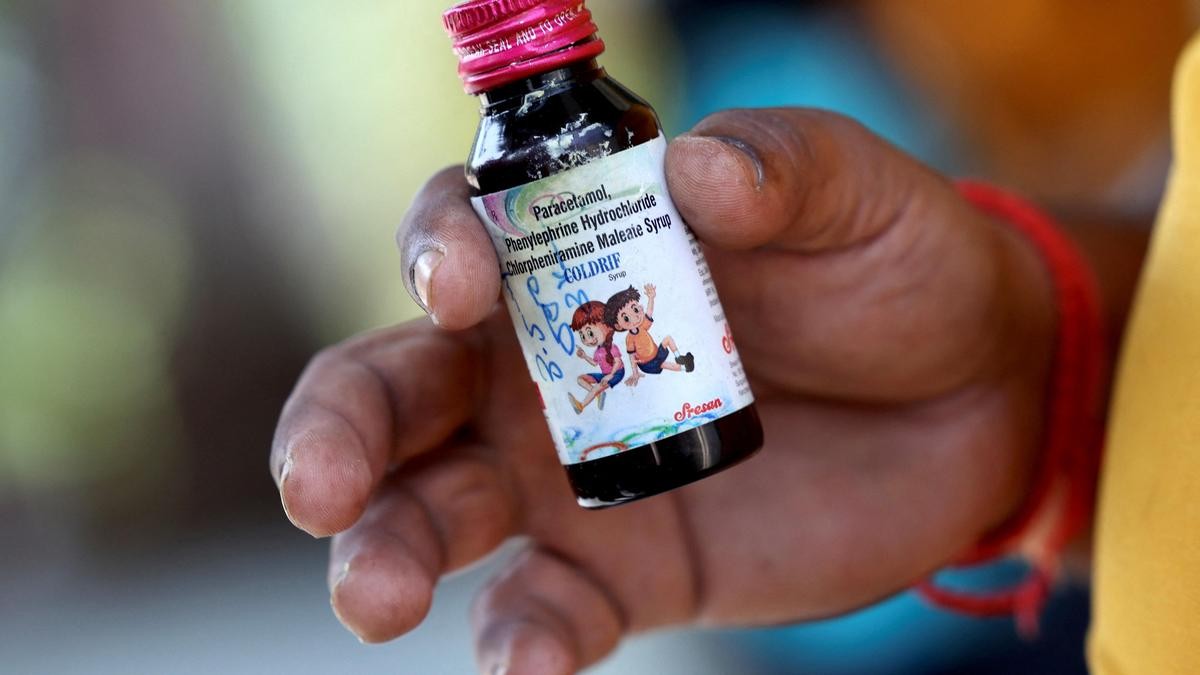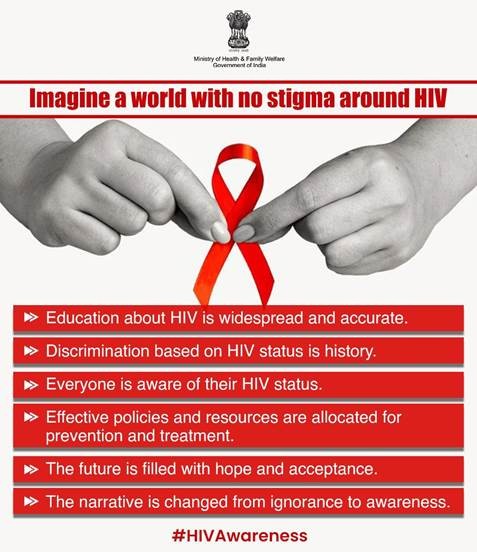Description
Context: The Health Ministry released partial data from the fifth edition of the National Family Health Survey (NFHS) claiming “considerable improvement” in the supply of vaccine for childhood immunisation from the fourth round in 2015-16.
Key findings:
- Children with diarrhoea in the two weeks preceding the survey jumped to 7.2% from 6.6%. In West Bengal, institutional births of children increased from 75% to 91% and in Gujarat, the proportion of anaemic children sharply increased from 62.6% to 79.7%
12 States to be covered
- Like other versions, the newest edition too has information on population, health and nutrition for India, and is based on statistics gleaned from 6.1 lakh households.
- The results from 17 States and five Union Territories (Assam, Bihar, Manipur, Meghalaya, Sikkim, Tripura, Andhra Pradesh, Andaman and Nicobar Islands, Gujarat, Himachal Pradesh, Jammu & Kashmir, Ladakh, Karnataka, Goa, Maharashtra, Telangana, West Bengal, Mizoram, Kerala, Lakshadweep, Dadra Nagar Haveli and Daman & Diu) were released under Phase-I.
- Phase II, covering the remaining 12 States and two UTs, had their field work suspended due to COVID-19. This was resumed in November and is expected to be completed by May 2021.
Health indicators up
- “Substantial improvement in maternal and child health indicators over NFHS-4 was recorded in the present survey.
- The fertility rate has further declined, and contraceptive use has increased in most Phase I States.
- The survey found considerable improvement in vaccination coverage among children aged 12-23 months across all States/UTs.
- Women’s empowerment indicators (including women with bank account) also portray considerable progress.
- Although percentage of women who were overweight or obese had increased from 23.3% to 30%, and that women who had experienced spousal violence increased from 20.6% to 44.4%. Breastfeeding practices, too, weren’t improving.
- In West Bengal, institutional births of children increased from 75% to 91% and in Gujarat, the proportion of anaemic children sharply increased from 62.6% to 79.7%.

About NFHS:
- The National Family Health Survey (NFHS) is a large-scale, multi-round survey conducted in a representative sample of households throughout India.
- The NFHS is a collaborative project of the International Institute for Population Sciences(IIPS), Mumbai, India; ORC Macro, Calverton, Maryland, USA and the East-West Center, Honolulu, Hawaii, USA.
- The Ministry of Health and Family Welfare (MOHFW), Government of India, designated IIPS as the nodal agency, responsible for providing coordination and technical guidance for the NFHS.
- The First National Family Health Survey (NFHS-1) was conducted in 1992-93.
- The Fourth National Family Health Survey (NFHS-4) was carried out in 2014-2015.
- NFHS-4 funding was provided by the Government of India, the United States Agency for International Development (USAID), the Department for International Development (DFID), the Bill and Melinda Gates Foundation, UNICEF, the United Nations Population Fund (UNFPA), and the MacArthur Foundation.
https://www.thehindu.com/news/national/nfhs-finds-jump-in-vaccination/article33316333.ece










